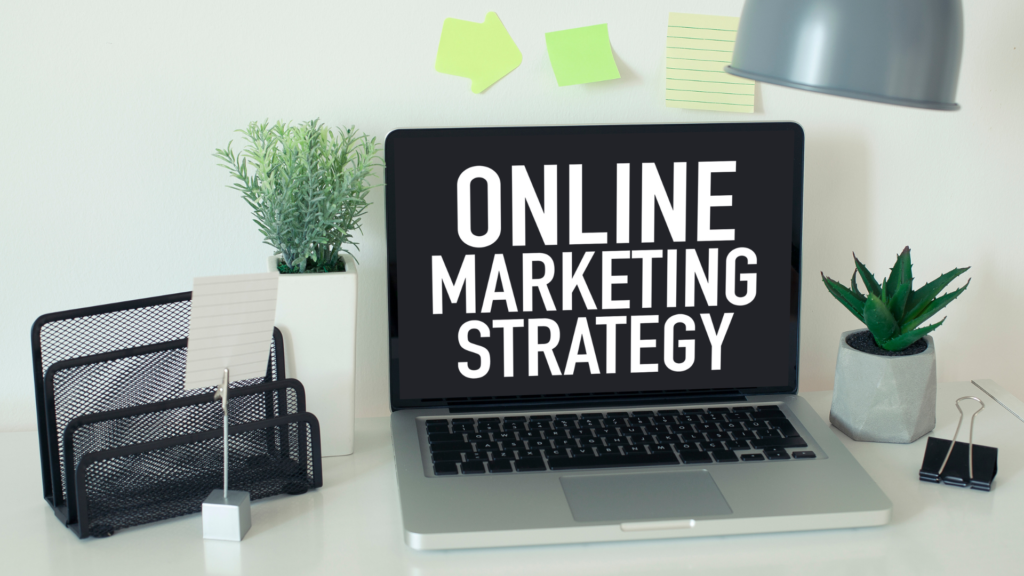
10 Best Online Marketing Strategies for Small Businesses
In today’s digital age, having a robust online marketing strategy is essential for small businesses aiming to stand out in a crowded marketplace. The right approach can help attract more customers, build brand awareness, and drive growth. From leveraging social media to optimizing for search engines, this article explores the top 10 online marketing strategies that can help small businesses thrive online.
1. Search Engine Optimization (SEO)
Optimizing your website for search engines is a fundamental strategy to increase visibility and attract organic traffic. This involves keyword research, on-page optimization (such as meta tags and content), and off-page tactics like link-building. By improving your site’s SEO, you can rank higher in search engine results pages (SERPs), making it easier for potential customers to find you.
2. Content Marketing
Creating valuable and relevant content is key to engaging your target audience. This could be through blog posts, videos, infographics, or podcasts. Content marketing not only helps establish your business as a thought leader in your industry but also supports your SEO efforts by generating backlinks and enhancing user engagement on your site.
3. Social Media Marketing
Social media platforms offer a powerful way to connect with your audience. By maintaining active profiles on platforms like Facebook, Instagram, Twitter, and LinkedIn, you can engage with customers, share content, and promote your products or services. Paid advertising options on these platforms also allow for targeted campaigns to reach specific demographics.
4. Email Marketing
Despite the rise of social media, email remains a highly effective tool for reaching and nurturing leads. By building an email list and sending out newsletters, promotions, and personalized content, you can maintain a direct line of communication with your audience and encourage repeat business.
5. Pay-Per-Click (PPC) Advertising
PPC advertising, such as Google Ads, allows you to place ads in search engine results and on other websites. You only pay when someone clicks on your ad, making it a cost-effective way to drive targeted traffic to your site. Keyword research and ad optimization are crucial to maximizing the return on your PPC investment.
6. Affiliate Marketing
This strategy involves partnering with individuals or companies to promote your products or services in exchange for a commission on sales. Affiliate marketing can extend your reach and bring in traffic that might not have been captured through other marketing efforts.
7. Influencer Marketing
Collaborating with influencers who have a large following in your industry can boost brand visibility and credibility. Influencers can introduce your brand to their audience, helping you reach potential customers in a more authentic way compared to traditional advertising.
8. Local SEO
For small businesses with a physical location, local SEO is crucial. Optimizing your Google My Business listing, getting listed in local directories, and ensuring your contact information is consistent across the web can improve your visibility in local search results, making it easier for nearby customers to find you.
9. Video Marketing
Videos are a highly engaging content format. Creating product demonstrations, tutorials, or behind-the-scenes looks at your business can captivate your audience and provide valuable information. Platforms like YouTube offer a vast potential audience, while video ads on social media can target specific demographics.
10. Customer Reviews and Testimonials
Positive reviews and testimonials can significantly influence buying decisions. Encouraging satisfied customers to leave reviews on platforms like Google, Yelp, and social media can enhance your business’s reputation and attract new customers.
Conclusion
For small businesses looking to make a mark online, these 10 marketing strategies offer a roadmap to increase visibility, engage with customers, and drive growth. While it may seem daunting at first, focusing on a few strategies that align with your business goals and audience can lead to meaningful results. As the digital landscape continues to evolve, staying adaptable and open to new tactics will ensure your marketing efforts remain effective.
By implementing these strategies, small businesses can build a strong online presence and compete more effectively in the digital marketplace. Remember, the key to successful online marketing is consistency, quality, and a willingness to experiment and learn what works best for your unique business.

